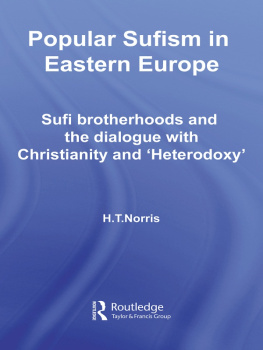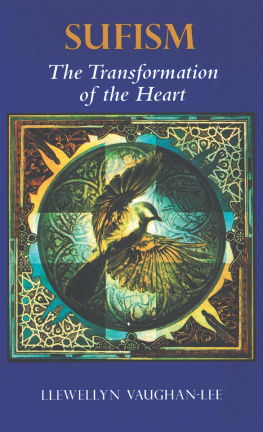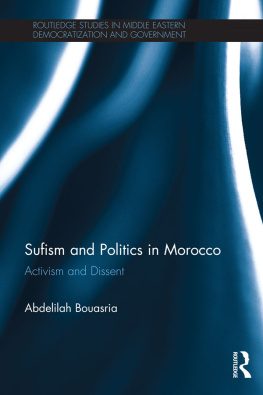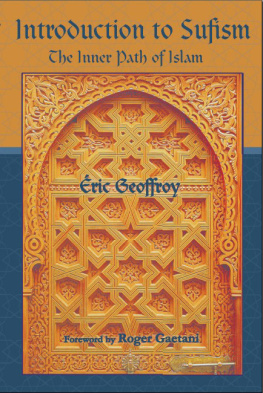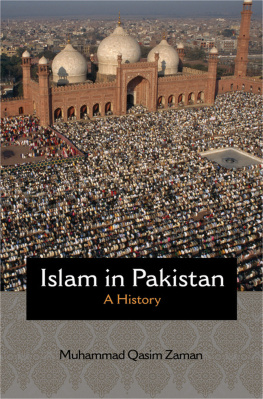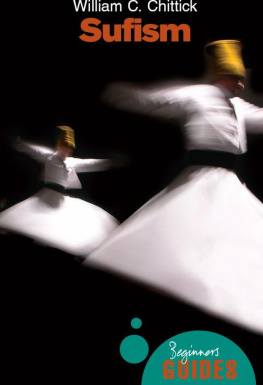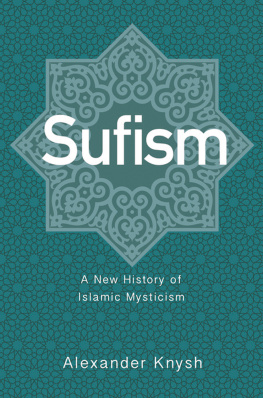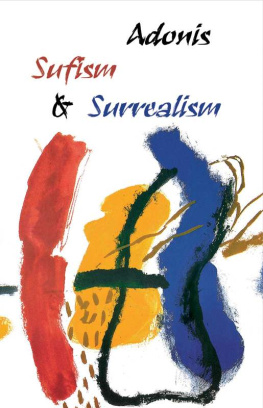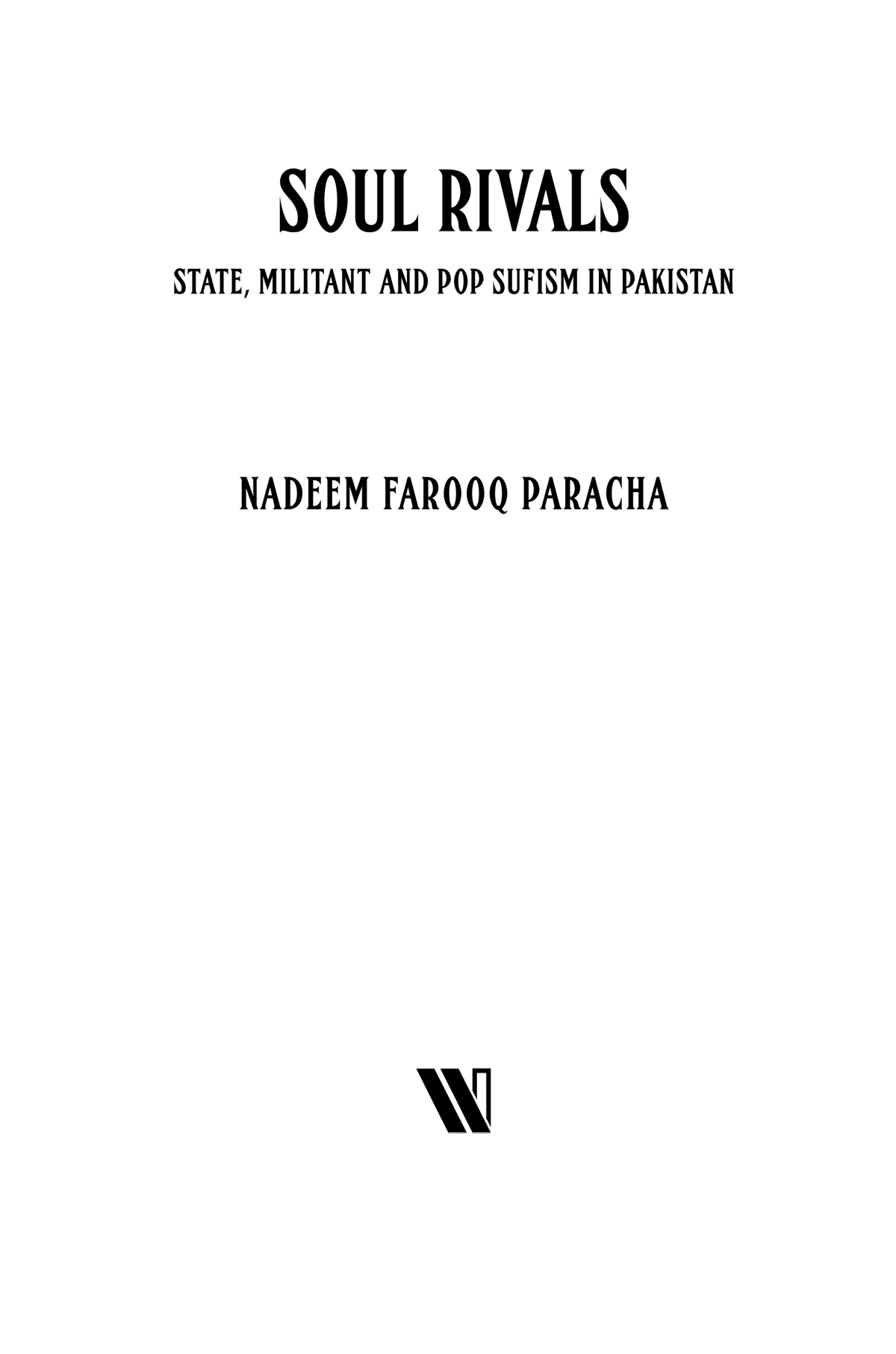First published by Westland Publications Private Limited in 2020
1st Floor, A Block, East Wing, Plot No. 40, SP Infocity, Dr MGR Salai, Perungudi, Kandanchavadi, Chennai 600096
Westland and the Westland logo are the trademarks of Westland Publications Private Limited, or its affiliates.
Copyright Nadeem Farooq Paracha, 2020
ISBN: 9789389152265
The views and opinions expressed in this work are the authors own and the facts are as reported by him, and the publisher is in no way liable for the same.
All rights reserved
No part of this book may be reproduced, or stored in a retrieval system, or transmitted in any form or by any means, electronic, mechanical, photocopying, recording, or otherwise, without express written permission of the publisher.
A contested space
An academic paper published in the 2014 issue of Journal of Place Management and Development enthusiastically built a case for branding Pakistan as a Sufi country. The authors, Pakistani Salman Yousaf and Chinese Li Huaibin (both from Dongbei University in China), sought to resolve Pakistans image problem through an intense branding exercise undertaken with the support of the countrys state and government. The exercise was meant to dial up the regions historical and cultural association with Sufism. The authors of the paper hoped that by doing this, Pakistans imageravaged by the rise of religious extremism from the 1980s onwardscould be reversed without the need for exploring more secular narratives that often trigger extreme reactions from those segments of the society that were empowered through various controversial constitutional amendments and laws between 1974 and the 1980s.
The paper was searching for a middle-ground between religious extremism and overt secularism by proposing a contemporary reworking of one of Islams most moderate and esoteric strands: Sufism. The fact that the Islam practised in South Asia has had a long historical relationship with Sufism seems to have been the main inspiration behind Yousaf and Huaibins suggestions. The intention of the paper was noble. But despite the paper positioning itself as a pragmatic resolution to a complex ground reality, it was a rather simplistic document. It seemed uninformed of the fact that the state and various governments in Pakistan had repeatedly tried to formulate what the paper was suggesting. More importantly, such experiments had largely been failures due to another factor that the paper completely ignored: Sufism in Pakistan is a deeply contested space.
The Sufism that the paper was suggesting is a combination of the state-sponsored idea of Sufism and the Sufism manufactured by the countrys contemporary pop culture. This combination explains Sufism as an entirely pacifistic, apolitical and esoteric strand of Islam, which eschews fanaticism and bigotry and has an intense spiritual relationship with the Almighty. This description is not unanimously accepted in Pakistan. There have always been those who reject this explanation and insist that Sufism does not negate radical politics or action. They see Sufism as a combative force that was battling Islamic sects and sub-sects opposed to Sufism.
The most current example in this context is the Tehreek-Labaik Pakistan (TLP). It is interesting to note how its radical brand of politics has confused many young urban Pakistanis, even though they do understand that there is a difference between TLP and, for example, the Tehreek-i-Taliban Pakistan (TTP). The TTP is a militant group belonging to the Deobandi Sunni sub-sect, as opposed to the TLP, which is a political expression of the Barelvi Sunni sub-sect. Both sub-sects emerged in India in the nineteenth century. Moreover, unlike the TTP, the TLP is not a religious insurgency. There is confusion when those who are conversant with the state and/or pop-culture ideas of Sufism see the TLP chief, Khadim Hussain Rizvi, describing himself as a staunch follower of ancient Sufi saints.
Such a follower of Sufi saints, according to the state and the pop cultures perceptions of Sufism, should be preaching peace, love and tolerance, preferably through a qawwali Some label Rizvi a fake Sufi. But that is exactly what he calls those whose understanding of Sufism was shaped by the state, and later by the countrys pop culture.
Over the years, a lot of the analysis penned on the issue of religious radicalisation in Pakistan have almost squarely concentrated on the proliferation of the more belligerent strands of the Sunni Deobandi sub-sect. Even though it is a minority sub-sect in Pakistan, it began to enjoy strategic state patronage from the 1980sespecially when Pakistan became a frontline state in the insurgency against the Soviet-backed government in Afghanistan. The Sunni Barelvi sub-sect, to which a majority of Pakistanis belong, did not have any historical tradition related to armed jihad as such. Therefore, the state of Pakistan, with generous help from the US and Saudi Arabia, forked out millions of dollars to pull in radical Deobandi elements from the fringes and put them in the mainstream. This was done so that they could attract and mentor young recruits to fight (in the name of jihad) against Soviet forces in Afghanistan.
The Deobandis have a history of organising themselves and fomenting uprisings enacted in the name of jihad. The Barelvis do not. When the Barelvis emerged as a Sunni sub-sect in the late-nineteenth century, it was a reaction to the theological onslaught of the Deobandi against the traditions and rituals of the majority of Indias Muslims. The latter, during Muslim rule in India, had merged various elements of Sufism with the rituals of pre-Islamic creeds existing in the region. But it was never as politically crucial as JUIH. A majority of the influential Barelvi pirs joined the conservative-secular Union Party (in Punjab); and in 1945-46, they sided with Mohammad Ali Jinnahs centrist Muslim nationalist party, the All-India Muslim League (AIML), which also became Pakistans founding party. However, a year after Pakistans creation in 1947, a group of Barelvi clerics and theologians formed the Jamiat-i-Ulema Pakistan (JUP). However, the JUP hardly registered on Pakistans political map till 1970. Yet despite the fact that the Barelvi majority was politically scattered, its social influence was not lost on the state of Pakistan.
The state (and various governments) moulded and remoulded religious narratives related to Barelvi beliefs according to the ways the state at that time was implementing Pakistans nationalist narrative. Since the veneration of deceased as well as living saints is a central plank in the Barelvi belief system, the state tried to monopolise the writing of the histories of the Sufi saints. For example, in 1961, on the suggestion of Dr Javed Iqbal (son of the poet and philosopher, Muhammad Iqbal) the Ayub Khan regime (1958-69) neutralised the pirs (and also the clerics) by bringing under state control the countrys Sufi shrines, mosques and madrassas. This was done by forming a department called the Auqaf. The histories of various famous South Asian Sufi saints were authored by the Auqaf department in light of how the Ayub regime viewed nationalism. The literature produced by the Auqaf department during the Ayub period described the saints to be enlightened and forward-looking men, as opposed to the clerics who were described as being reactionary. The saints were presented as historical evidence for Ayubs progressive approach towards Islam.


